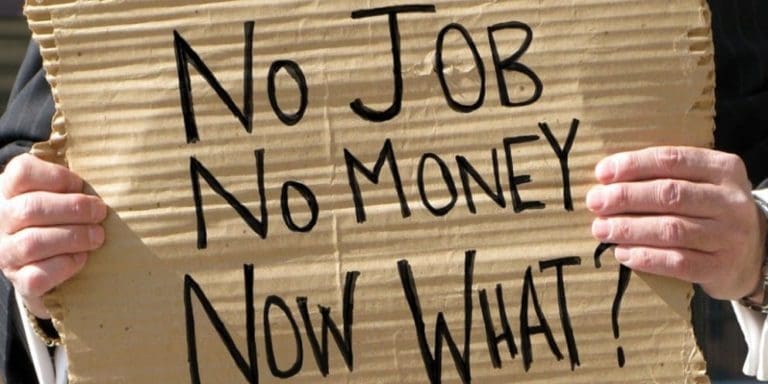By Liezl Human
- The R350 Covid grant should be increased to R413 in line with inflation, say the Institute for Economic Justice and the the Socio-Economic Rights Institute of South Africa.
- The organisations noted with concern that the only aspect under review for amendment was the “expiry date” of the grant.
- They also took issue with the qualifying means test and bank verification process which has seen millions of people excluded.
The R350 Covid-19 Social Relief of Distress (SRD) grant should be increased to a minimum of R413, in line with inflation, according to the Institute for Economic Justice (IEJ) and the Socio-Economic Rights Institute of South Africa (SERI).
The advocacy groups made a joint submission earlier in March on the proposed amendments to SRD grant regulations issued in terms of the Social Assistance Act.
They also called for a plan to increase the grant progressively until it reaches the current food poverty line.
The amendments, which were open for public comments between late February and 7 March, seek to extend the R350 SRD grant to March 2024.
In recent comments, the IEJ and SERI said that the value of the SRD grant was “highly inadequate”. The organisations noted with concern that the only aspect under review for amendment was the “expiry date” of the grant. They also took issue with the qualifying means test and bank verification process.
“This is deeply concerning, given that specific provisions in the regulations have led to very high levels of exclusion, and that the value of the grant continues to be eroded, and highly inadequate,” the submission read.
On the value of the grant, the organisations said, “R350 is widely regarded as baseless, and is not tied to any objective or scientific measure of need. Since the grant was introduced in 2020, high inflation has eroded its value substantially in real terms. The value of the grant should be raised immediately to at least R413 to account for inflation since 2020, and a plan put in place to increase it progressively until it reaches the current food poverty line.”
In response to GroundUp’s questions, spokesperson for the Department of Social Development Lumka Oliphant acknowledged that the value of the SRD grant was low. She said that since its introduction in 2020 the grant “never increased, resulting in the purchasing power of the grant diminishing and not keeping pace with inflation”.
Oliphant said Social Development could only use the resources allocated to it by the National Treasury. The department is also working on a proposal to introduce a basic income grant which has been widely supported by civil society organisations.
The IEJ and SERI added that the amendments fail to address many aspects which have seen the exclusion of people in need from the grant. This includes the low means test which was initially set at not earning more than R350 a month but was increased to no more than R624. The IEJ and SERI recommended that the means test be raised to the upper bound food poverty line of R1,417.
“The budget allocation for the SRD should cover all those who rightfully qualify for the grant,” the organisations said.
The IEJ and SERI said that some people have been excluded from the bank verification process because of outdated information, such as beneficiaries who were excluded due to inaccurate UIF or SARS information. In other cases, any money found in an applicant’s account is immediately assumed to be personal income, which then excludes the account holder.
The IEJ and SERI suggested that the government commit to update the databases used for bank verification and that personal information provided by applicants should take precedence over bank verification.
The number of people approved for the SRD grant has plummeted since April 2022, when the new regulations were introduced. Presenting to Parliament in June 2022, the DSD told MPs that restrictions were needed because there was only budget for 10.5-million beneficiaries.
According to figures sent to GroundUp, the South African Social Security Agency (SASSA) confirmed that over the last few months, just under 60% of SRD applications were approved monthly. The latest figure from February 2023, shows that 13.7-million people applied for the grant and just over 8.2-million were approved.
SASSA said that on 1 March the SRD website was updated and “enhanced” and that there “hasn’t been any challenges raised with regard to the application process”.
“We acknowledge that there were some challenges during the initial implementation phase. Since then, the Department together with SASSA are working towards strengthening the grant implementation,” said Oliphant.
